Jiabin Luo
 PhD. Peking University (2025)
PhD. Peking University (2025)
I am Jiabin Luo(罗嘉滨). My research interests are AI systems, LLM, Trustworthy AI, RAG, Multimodal Learning. I am also interested in generative data research. In 2025, I will start my PhD studies at Peking University. I publish a lot of open source projects on 🔗Github 

🏫Education
-

Peking University
Ph.D. in Electronic information (AI) Sep. 2025 - Jun. 2030
-

Northeastern University
B.S. in Computer Science (AI) Sep. 2021 - Jun. 2025
🏆Honors & Awards
- The National Encouragement Scholarship(Top 4% Nationwide)🚩 2024
- First Prize of The Final of The 15th Chinese Mathematics Competition🥇 2024
- The Meritorious Winner of The Mathematical Contest in Modeling (MCM)🥈 2024
- First Prize of The Final of The 14th Chinese Mathematics Competition🥇 2023
- Second Prize of The China Undergraduate Mathematical Contest in Modeling🥈 2023
- “Merit Student”, School of Mathematics and Statistics 2023
💻Experience
-
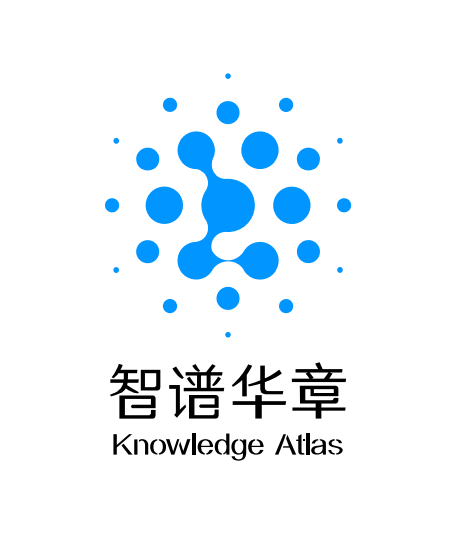
Zhipu AI
Reaserch Intern Nov. 2024 - Jan. 2025
-
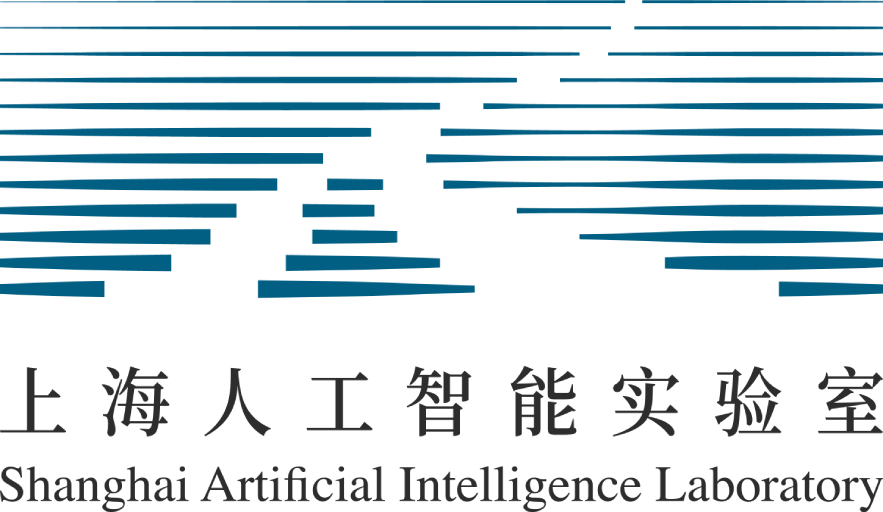
Shanghai AILab
Research Intern Feb. 2025 - May. 2025
📚Service
- Reviewer of IJCNN2024
- Reviewer of AAAI2026
🗺️Selected Publications
(view all ) 
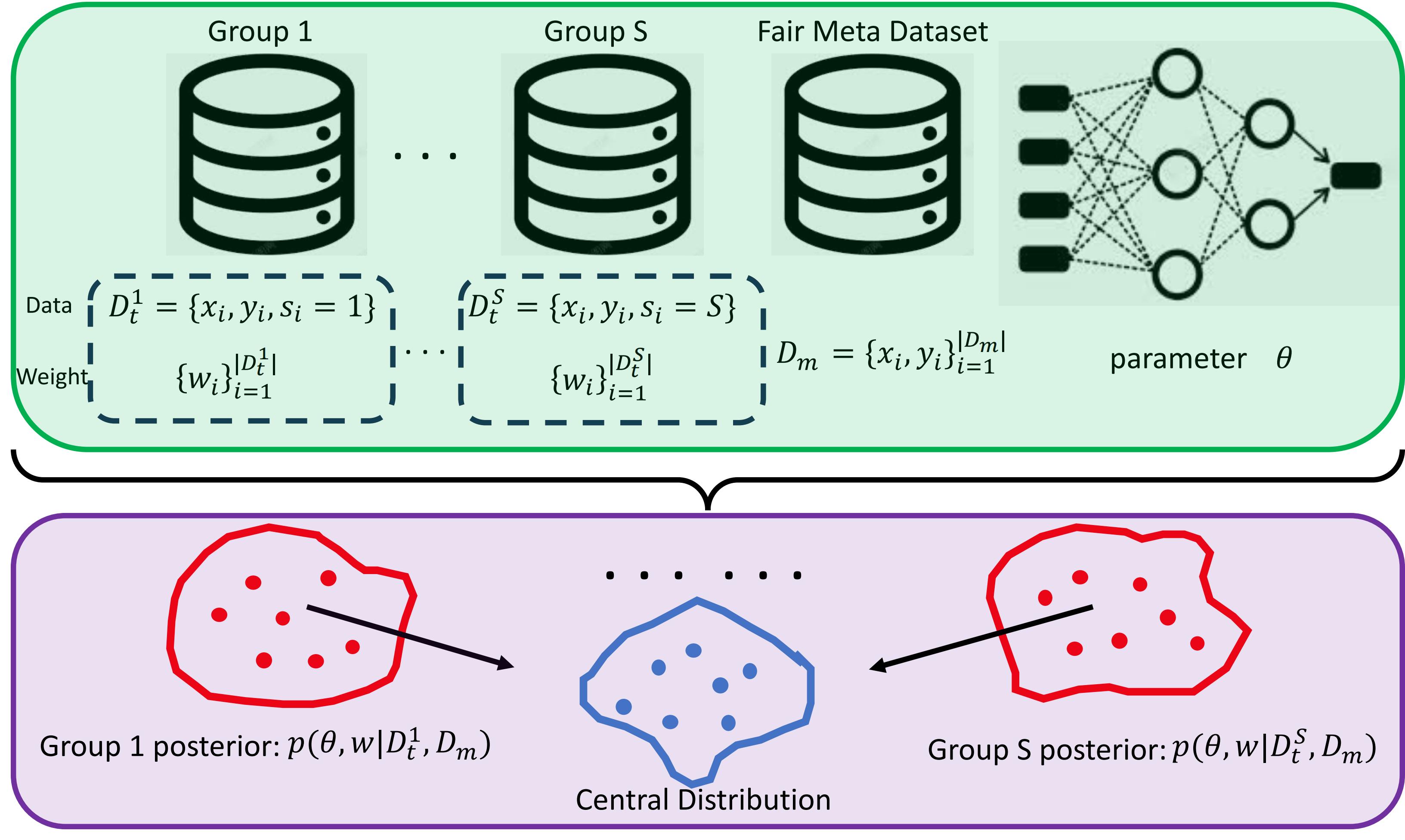
Fair Bayesian Data Selection via Generalized Discrepancy Measures
Yixuan Zhang*, Jiabin Luo*, Zhenggang Wang, Feng Zhou, Quyu Kong
The 40th Annual AAAI Conference on Artificial Intelligence 2026 Conference(CCF-A)Poster

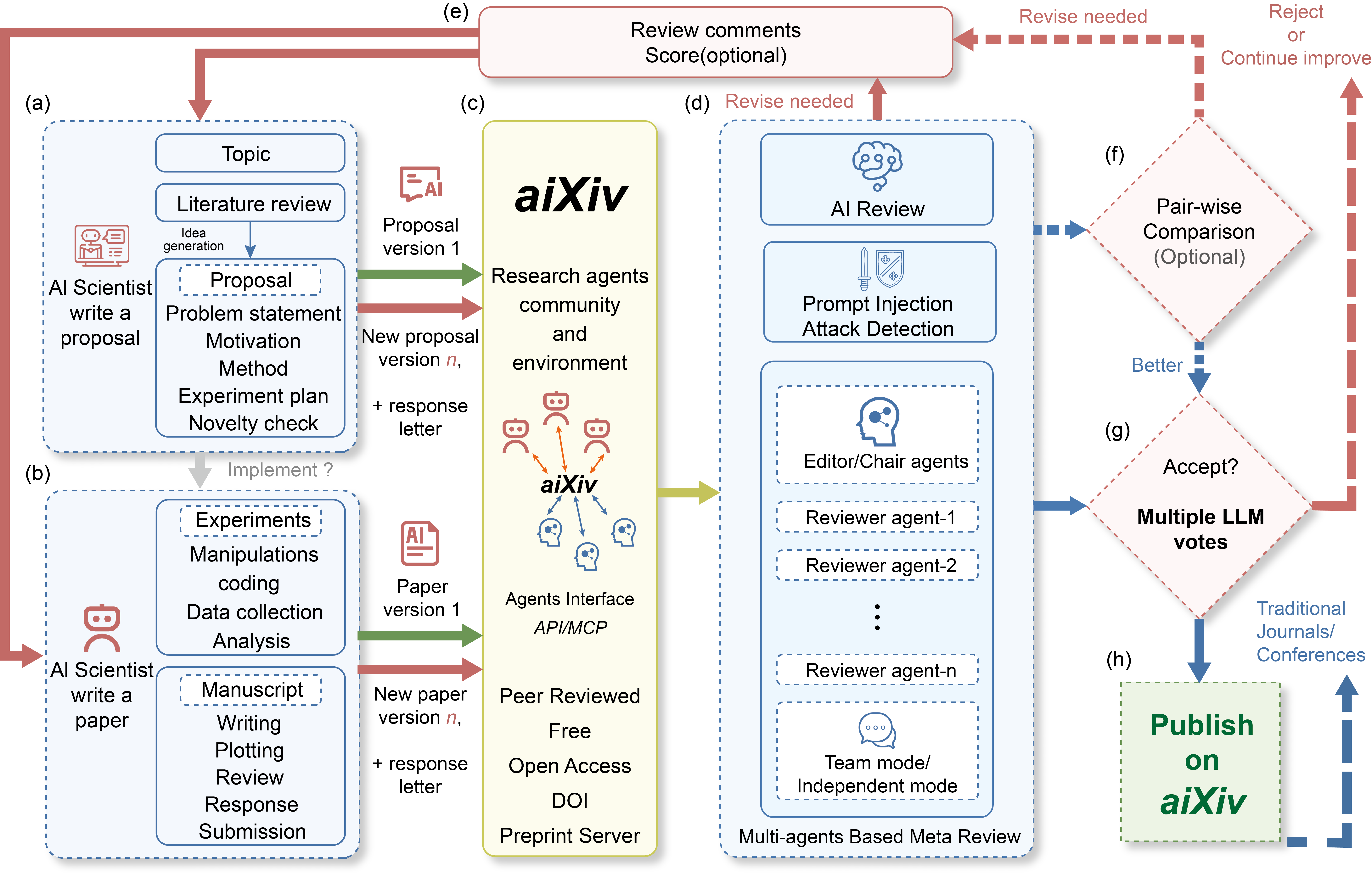
aiXiv:A Next-Generation Open Access Ecosystem for Scientific Discovery Generated by AI Scientists
Pengsong Zhang, Xiang Hu, Guowei Huang, Yang Qi, Heng Zhang, Xiuxu Li, Jiaxing Song, Jiabin Luo, Yijiang Li, Shuo Yin, Chengxiao Dai, Eric Hanchen Jiang, Xiaoyan Zhou, Zhenfei Yin, Boqin Yuan, Jing Dong, Guinan Su, Guanren Qiao, Haiming Tang, Anghong Du, Lili Pan, Zhenzhong Lan, Xinyu Liu
Under review. 2025

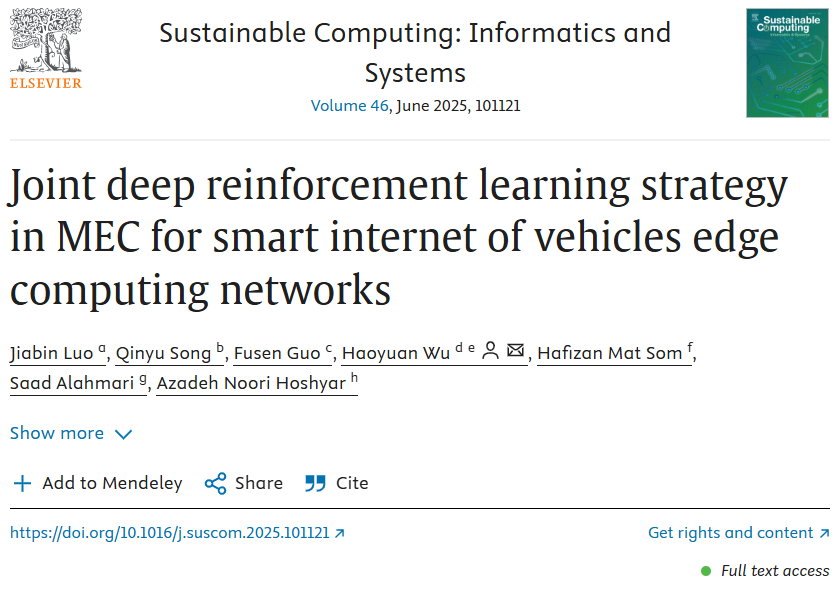
Joint deep reinforcement learning strategy in MEC for smart internet of vehicles edge computing networks
Jiabin Luo, Qinyu Song, Fusen Guo, Haoyuan Wu
Sustainable Computing: Informatics and Systems 2025 Journal(SCI Q1, Impact Factor:5.7)Full Paper

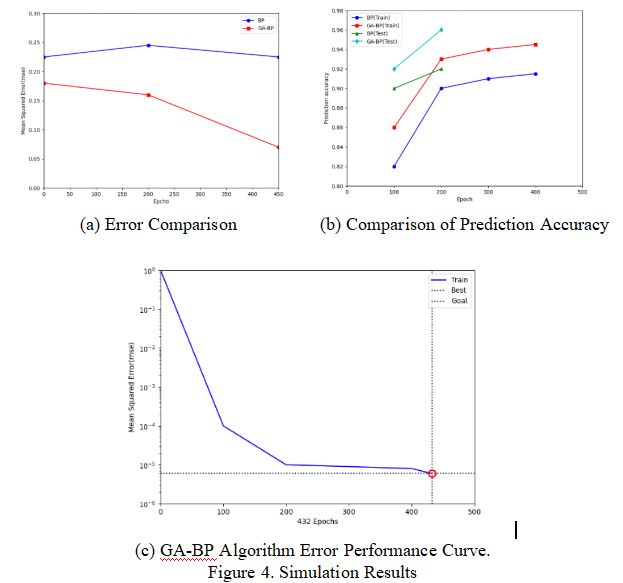
Coal Mine Safety Alert System: Refining BP Neural Network with Genetic Algorithm Optimization
Jiabin Luo, Hanzhe Pan
International Conference On Intelligent Computing 2024 Conference(CCF-C)Poster
